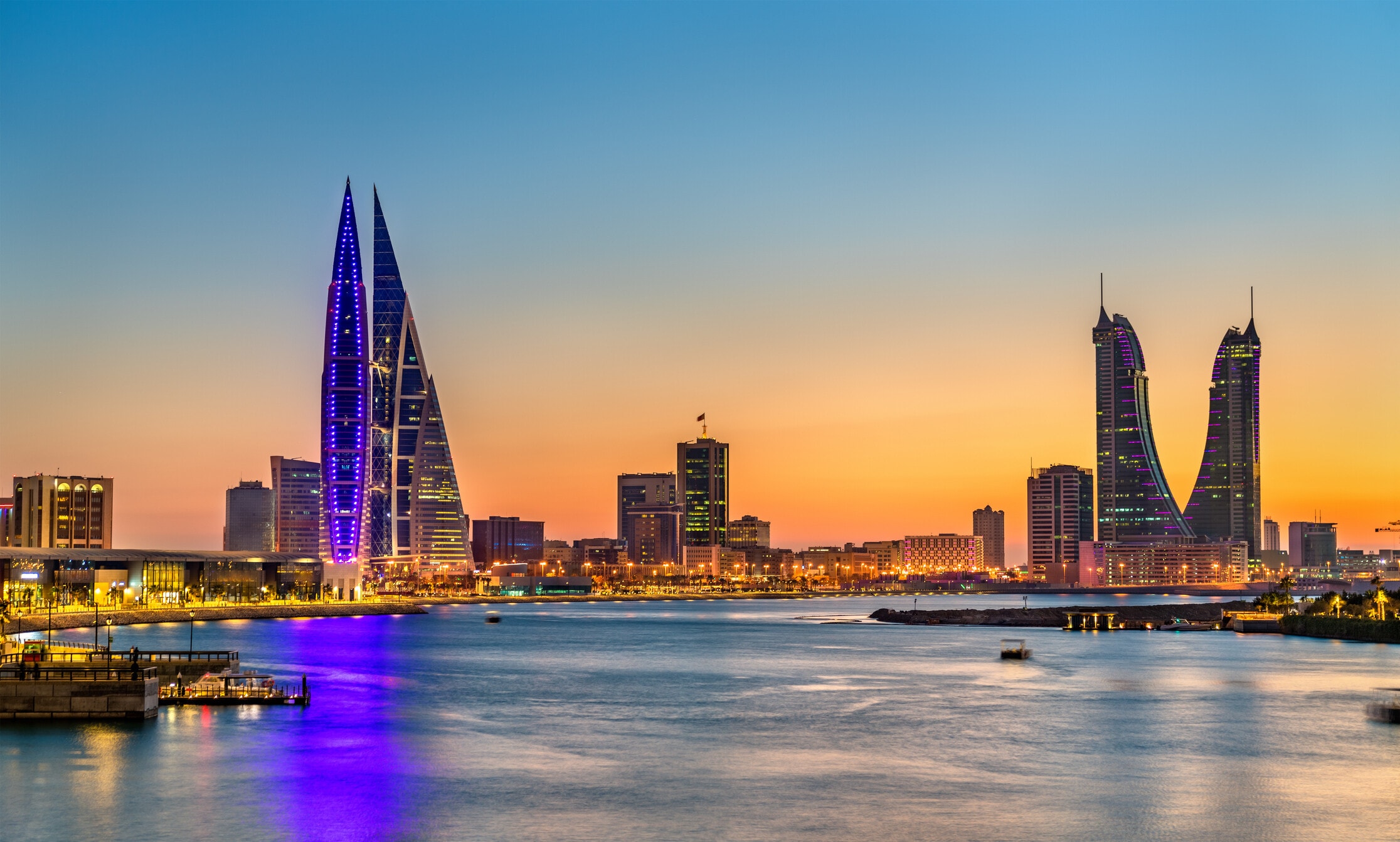Top 10 most gender equal countries in Europe and Central Asia

Stay up to date:
Hyperconnectivity
The top five ranked countries in the World Economic Forum’s Global Gender Gap 2014 Report, published today, are all found in this region, and, of the top 10 countries globally, seven are in Europe and Central Asia.
The report ranks 142 countries on their ability to close the gender gap – making sure women are not held back – in four fundamental areas: economic participation and opportunity, education, health and survival, and political empowerment.
In 2014, the region has closed 72% of its overall gender gap and nearly two thirds of the countries in the region have improved their overall score compared to last year.
Iceland (1 out of 142 countries)is ranked first both in the region and globally for the sixth consecutive year. Since starting in sixth place in 2006, Iceland has experienced a steady increase in its overall score, except this year, due to a poor score for health and survival, a category in which it ranks 128th overall. Iceland has fully closed the educational gender gap and ranks first for political empowerment, having had a female head of state for 20 of the past 50 years.
Finland (2) continues to hold the second position overall and in the region for the third consecutive year and is the highest ranking European Union country. Finland has fully closed its educational gender gap and also performs well on the Years with Female Head of State indicator, ranking seventh overall.
Norway (3) places third for the third consecutive year and is the highest ranked country overall for the ability of women to rise to positions of enterprise leadership. It also has the highest rate of contraceptive prevalence among married women or those in a union, and has the smallest difference between the average minutes spent per day on unpaid work by men and women.
Sweden (4) maintains its ranking in fourth position overall and regionally for the sixth year. The country ranks fifth for political empowerment, and also ranks third for the proportion of women in parliament and second for women in ministerial positions – 57% of the country’s ministers are women.
Denmark (5) moves up three places from last year in the overall rankings and one place regionally to complete the Nordic top five. It is among the 25 countries that have closed their educational gender gap and is the only country where, on average, women earn more than men. Denmark also has the highest average minutes spent per day by men on unpaid work.
Ireland (8) has slipped two places in the overall rankings since last year, and one place regionally; nevertheless it remains one of only six countries to have gained more than 10% in its Global Gender Gap Index score over the last 14 years.
Belgium (10) enters the top ten rankings overall for the first time and moves up one place regionally. It is among the six countries that have seen a net improvement of more than 10% in their overall Global Gender Gap Index scores since 2000.
Switzerland (11) drops out of the top ten global rankings, although its overall score has improved compared to last year. It is among the top ten best performers for women in ministerial positions and is among the five countries with the highest mean age of women at the birth of a first child: 30 years old.
Germany (12) has seen an improvement in all indices since its starting point nine years ago, except for health and survival. The country’s strong position is largely due to its good overall performance in the economic participation and opportunity, and educational attainment indices.
The Netherlands (14) has the highest percentage of female part-time employment compared to total female employment (77%). The country maintains its rank in 10th position and falls just one place in the overall rankings from 2013.
Author: Yasmina Bekhouche is a Project Manager on the World Economic Forum’s Gender Parity Team.
Image: A woman reads a book on Filopappou hill opposite the Acropolis in Athens, April 20, 2011. REUTERS/John Kolesidis
Don't miss any update on this topic
Create a free account and access your personalized content collection with our latest publications and analyses.
License and Republishing
World Economic Forum articles may be republished in accordance with the Creative Commons Attribution-NonCommercial-NoDerivatives 4.0 International Public License, and in accordance with our Terms of Use.
The views expressed in this article are those of the author alone and not the World Economic Forum.
Forum Stories newsletter
Bringing you weekly curated insights and analysis on the global issues that matter.
More on Education and SkillsSee all
Rawan bint Najeeb Tawfeeqi
August 11, 2025
Neeti Mehta Shukla
August 1, 2025
Naoko Tochibayashi
July 30, 2025
Lisa Bechtold
July 29, 2025
Veronica Frisancho
July 22, 2025
Sasha Havlicek and Daniel Dobrygowski
July 21, 2025
![europeasia[1]](https://assets.weforum.org/wp-content/uploads/europeasia1-1024x843.jpg)





